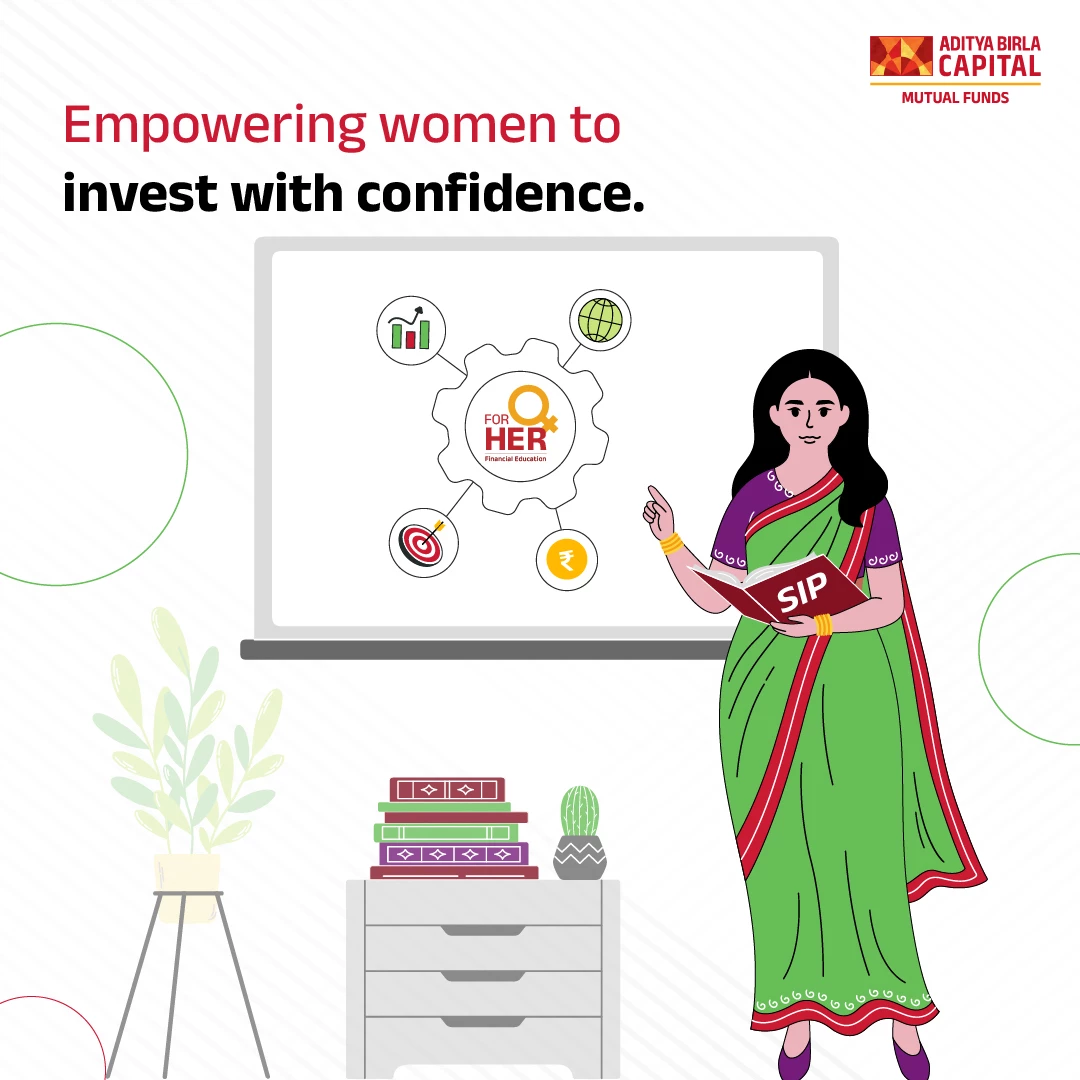In general, women now have greater financial control than ever before. While this is encouraging news, there is still a significant wealth disparity between men and women as women continually experience substantial economic challenges at various points in their lives that many men do not face directly.
The worldwide scope of women's financial exclusion makes it evident that we must focus on women to attain universal financial access. However, this is not a simple process. Women's financial inclusion has specific issues that funders and development practitioners should consider as we strive for universal inclusion.
Social Conventions Hamper Women’s Need for Financial Services
Women are frequently not expected or encouraged to be financially self-sufficient. One such example is that they might have mobility issues that make it difficult to interact with financial institutions. According to Women, Business, and the Law published in 2021 by The World Bank, husbands can restrict their wives' movement outside the house in 17 economies, one of which includes India. This, in turn limits their ability to access financial services and financial advice, forcing women to essentially serve as a conduit for male financial products, further distorting demand.
Excluded Women Are More Difficult to Spot
Household surveys are costly and time-consuming, yet they are the only way to identify people who are not part of the financial system. Banks can survey and analyze their customers' transactions, but this only applies to those who already have financial access.
Women are at a disadvantage in terms of information since their networks are smaller and less diversified, and they are less likely to obtain referrals from others in their networks.
Women Tend to Live Longer than Men
According to a 2017 research study published by The Lancet Journal, Indian women have a life expectancy of 70.3 years, while men have a life expectancy of 66.9 years. The retirement savings disparity between men and women is widening as life expectancy rises and retirement benefits fall.
Get a head start on retirement planning. Even with lesser payments, you must allow enough room to build an ideal retirement fund. You may be self-sufficient while also better prepared to cover unforeseen costs if you plan ahead of time and retire early.
Several financial tools, such as the Senior Citizens' Savings Scheme, the Post Office Monthly Income Scheme, fixed deposits, mutual funds, and others, can assist you in better planning your retirement.
Gender Pay Disparity
According to Article 39 of the Indian Constitution, men and women are entitled to equal compensation for equal labor. But that is seldom ever done! According to a 2017 study published by the India Responsible Business Forum (IRBF), women are paid 27% less than men.
Women are less likely to ask their manager for a raise than men, who are more comfortable discussing money problems. Examine the compensation ranges for your position as well as industry averages. To determine your true worth, use pay indexes and calculators like Glassdoor and PayScale.
Women Are Emotionally Connected
They equate failure and shame with money loss. One of the key reasons why women, unlike men, have a lower risk appetite is because of this reason alone.
Recognize the importance of money in your life! Money is how you acquire and experience things to meet your needs and requirements. Separate the ultimate result from the instrument used to get there and make financial decisions accordingly. Start putting your money to work for you as a second source of income or to grow your existing savings via investing.
Extended Absences from Careers
Women frequently take on the job of being a primary caregiver. Even though the notion of a male spouse being home full-time to manage household responsibilities is gaining popularity in other countries, India has yet to see such a shift. As a result, due to pregnancy, ill parents, and other dependents, women face lengthier employment pauses. The reduction in advancement prospects and super-annuity benefits available upon retirement directly results from this absence. Women's financial planning, however, becomes even more vital due to these circumstances – not less important!
Take a multi-pronged approach to this issue. Insurance, investing, and retirement are the three critical areas to consider. First, get insurance to protect yourself and your family from financial misfortunes. Then it's time to put your money to work now that you've protected your income. To produce additional streams of revenue, invest in financial instruments. Finally, focus on building a retirement fund to safeguard your family's financial security after you retire.
An Investor education and Awareness initiative of Aditya Birla Sun Life Mutual Fund
All investors have to go through a one-time KYC (Know Your Customer) process. Investors to invest only with SEBI registered Mutual Funds. For further information on KYC, list of SEBI registered Mutual Funds and redressal of complaints including details about SEBI SCORES portal, visit link : https://mutualfund.adityabirlacapital.com/Investor-Education/education/kyc-and-redressal for further details.
Mutual Fund investments are subject to market risks, read all scheme related documents carefully







 1800-270-7000
1800-270-7000









